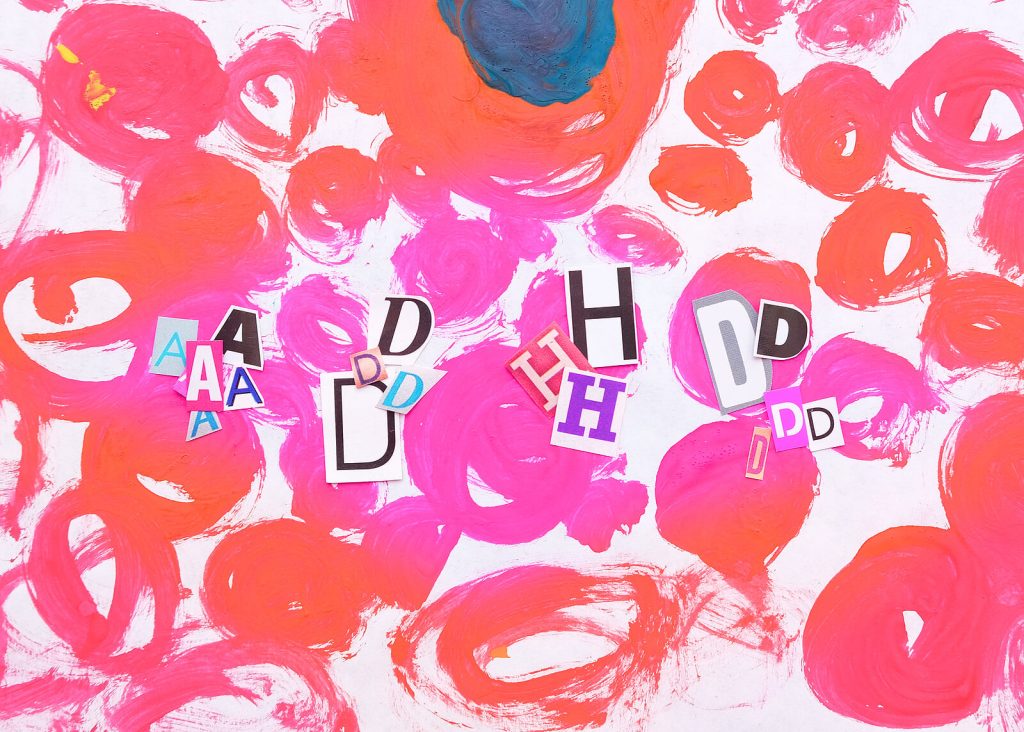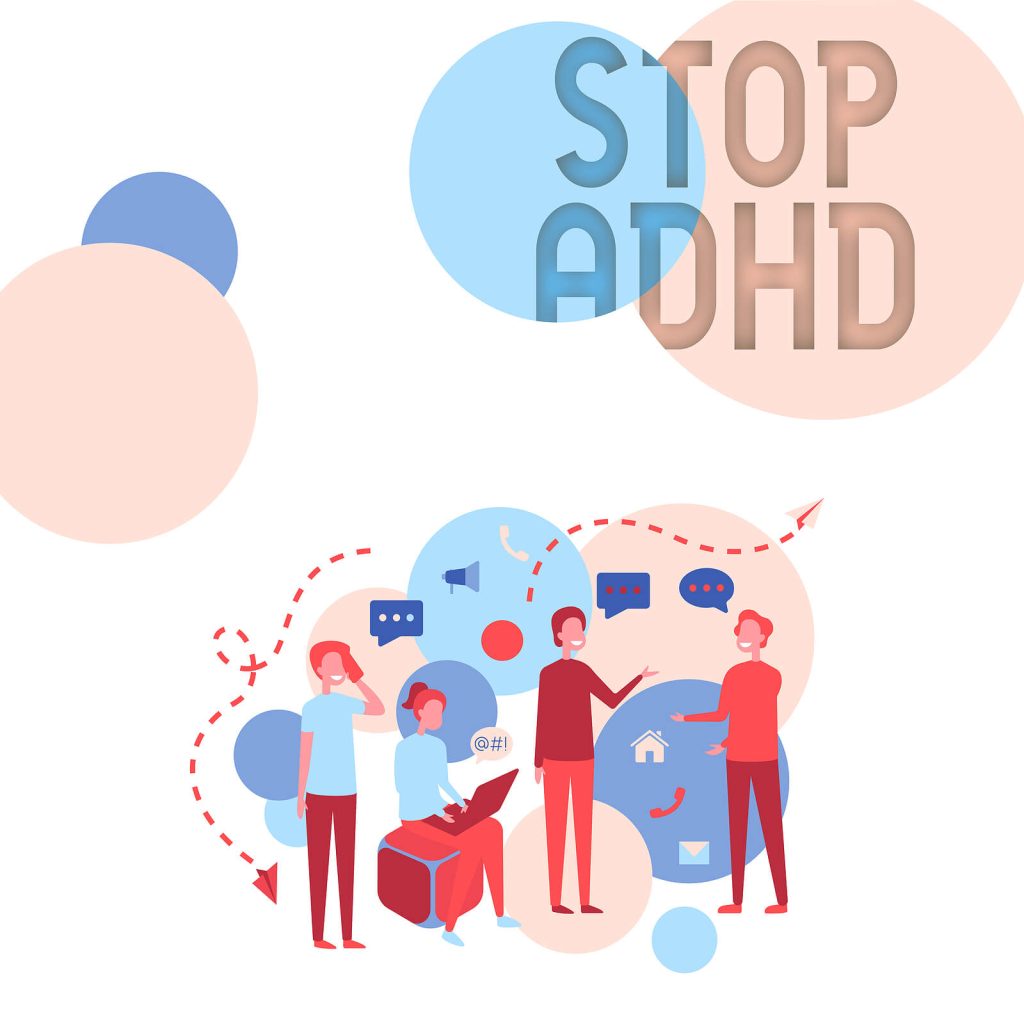
When you are diagnosed with Attention Deficit Hyperactivity Disorder (ADHD), your healthcare provider may recommend stimulant medications as an ADHD treatment option. As an individual, this may be an easy decision as you are looking for ways to improve your attention and focus. Or, you are hesitant because of the potential side effects and long-term risks associated with taking stimulant medications. At Agave Psychiatry our clinicians are experienced with the use and application of Stimulant Medications as an ADHD treatment.
It is important to understand how these medications work. As well as, their potential benefits and risks in order to make an informed decision. Because what exactly do stimulant medications do and how effective are they in improving attention and focus?
ADHD and its Symptoms
ADHD is a neurodevelopmental disorder that can cause hyperactivity, lack of focus, poor impulse control, and other symptoms. These symptoms can impede a person’s ability to complete tasks, make decisions, and stay organized. For example, individuals with ADHD may find it difficult to stay focused and on task for extended periods of time, or they may struggle with impulse control when presented with distractions. This is why it is essential to understand how ADHD affects an individual in order to appreciate the importance of attention and focus for people with this disorder.

The Importance of Attention and Focus
When struggling with ADHD and its symptoms of hyperactivity, inattention, and impulsivity, it can be difficult to even begin a task or complete it. This is where attention and focus become important. Attention and focus are two important components for achieving success in any endeavor. They allow individuals, with ADHD and not, to be productive and to learn effectively. Individuals with ADHD often have difficulty in this area and require additional help to improve their attention and focus.
Stimulants’ Role in Improving Attention and Focus
For people with ADHD, it can take more than just extra effort to improve attention and focus. Even with effective coping mechanisms learned through therapy or other interventions, medication may also be prescribed to help improve attention and focus. This is due to the fact that stimulant medications have a high response rate in treating ADHD and its symptoms.
Stimulant medications as an ADHD treatment are effective in improving attention and focus because they directly affect the brain chemistry associated with the disorder.
How Stimulants Work as an ADHD Treatment
Dopamine and norepinephrine are two neurotransmitters responsible for attention and focus. Stimulating their activity can be beneficial in improving these areas. Specifically, stimulants act on the brain’s dopamine system to reduce hyperactivity, increase focus, and improve overall cognitive functioning.
The stimulants do this by increasing the dopamine levels in the brain, allowing individuals to remain more attentive and focused. It lessens their ADHD symptoms and slows down the reuptake of dopamine, leading to an increased amount of dopamine in the brain. However, there are different types of stimulants and their side effects vary.
Types of Stimulants and Their Differences
Stimulant medications come in two forms: amphetamine-based stimulants, such as Adderall and Vyvanse, and methylphenidate-based stimulants, such as Ritalin and Concerta. Amphetamine-based stimulants increase the release of dopamine and norepinephrine while methylphenidate-based stimulants block the reuptake of dopamine. As a result, amphetamine-based stimulants are usually more potent and may be preferred in some cases.
Methylphenidate-based stimulants increase the levels of dopamine by blocking the reuptake of dopamine and norepinephrine in the brain. This type of medication is usually longer-acting than amphetamine-based medications and may be preferred in some cases due to its milder side effects.
Common Side Effects and Precautions
Although stimulant medications are effective in improving attention and focus, there are potential side effects to consider. The most common side effects are decreased appetite, weight loss, insomnia, irritability, and headaches. These side effects should not last long and if they persist, it is important to consult with a doctor.
More than likely your dosage will need to be adjusted or you will need a new medication. Ways to prevent these side effects from becoming concerning are regular check-ins with your prescriber. Also, if it makes you tired try taking it at night, and if it makes you nauseous, try taking it after eating.
In Conclusion
With proper diagnosis and treatment planning, stimulant medications can be effective in improving attention and focus for individuals with ADHD. It is important to remember that this is only one tool in managing ADHD symptoms and should not be used as a sole treatment. Combining medication with regular therapy and lifestyle changes is the best approach for individuals looking to manage their ADHD. Individuals should speak with a mental health professional if they have any questions or concerns about the use of stimulant medications.
Interested in Online ADHD Treatment in Arizona?
Trying to decide if stimulants are the right choice for you? Seeking help with your ADHD symptoms can feel overwhelming, but the right support can make all the difference. Our team of skilled clinicians is here to help you find the best treatment for your individual needs. At Agave Psychiatry, we are dedicated to providing quality mental health services and strive to give our clients the best care possible!
Follow the steps below to get started on your journey to healing.
- Get to know our skilled team of Clinicians here.
- Fill out our convenient online mental health contact form here.
- Begin moving forward in your journey!
Other Online Mental Health Services offered at Agave Psychiatry
In addition to ADHD treatment, we also offer a wide variety of other mental health services. These include treatment for Depression, Anxiety, Insomnia, PTSD, Eating Disorders, and Nutritional Psychiatry. In fact, we offer online treatment for both adults and children, and adolescents in the state of Arizona.

